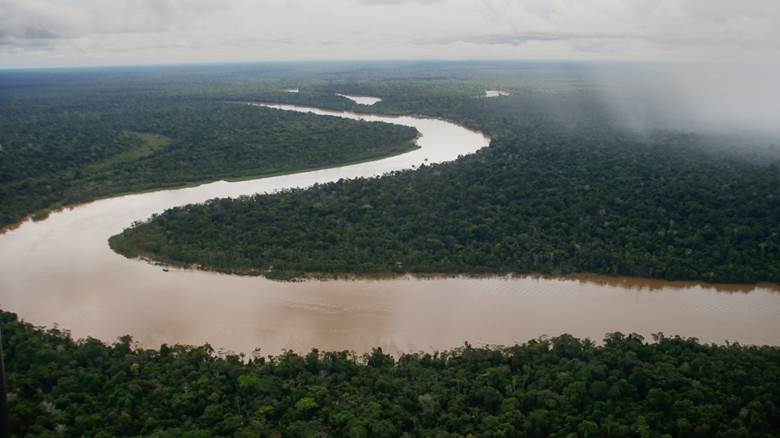Free Courses Sale ends Soon, Get It Now


Free Courses Sale ends Soon, Get It Now



Disclaimer: Copyright infringement not intended.
Context: A new study by climate scientists suggests some “hot spot regions” around the world contain ecosystems that are at-risk due to water availability.
Details:
https://www.ctvnews.ca/climate-and-environment/climate-change-will-create-thirsty-ecosystems-new-study-suggests-1.5976918
© 2024 iasgyan. All right reserved